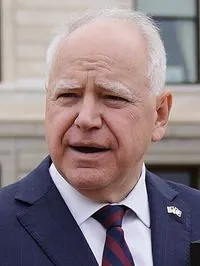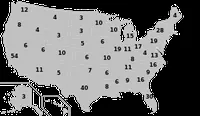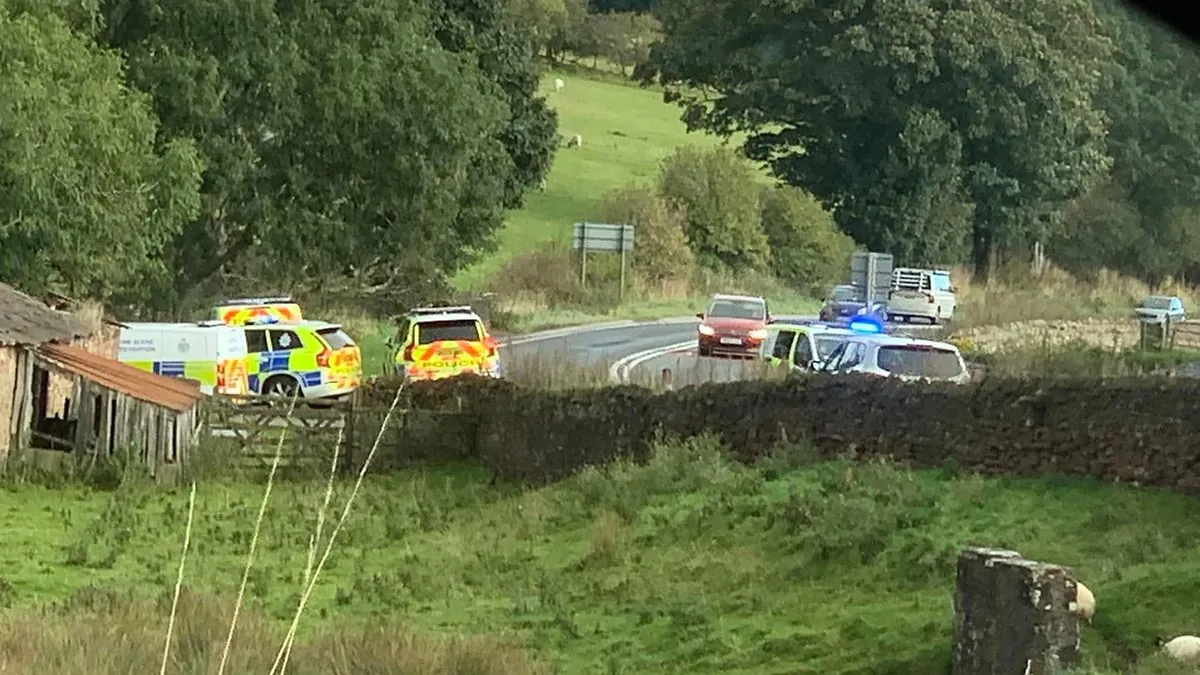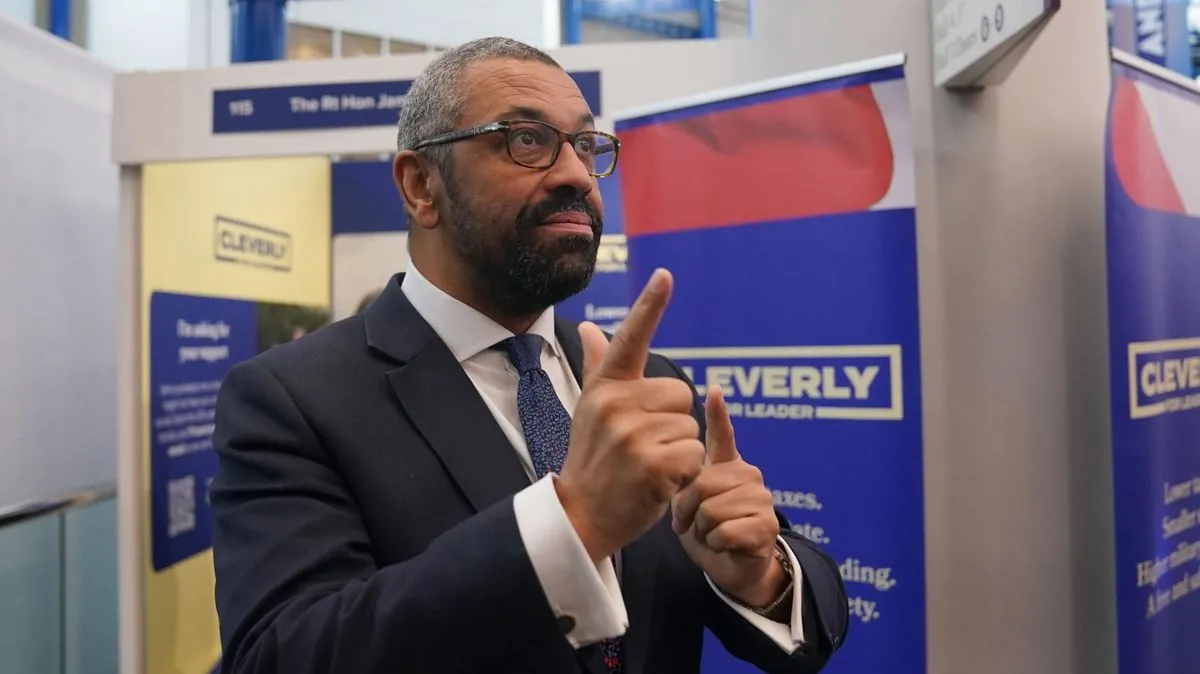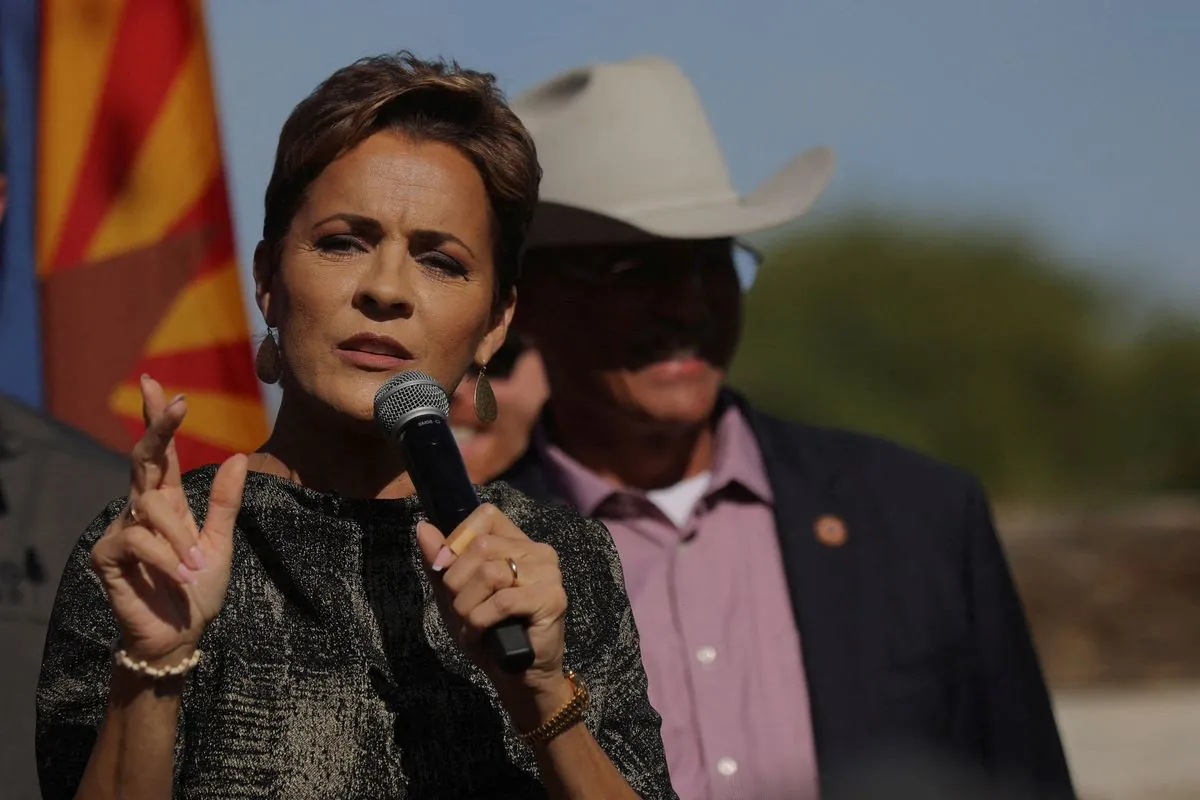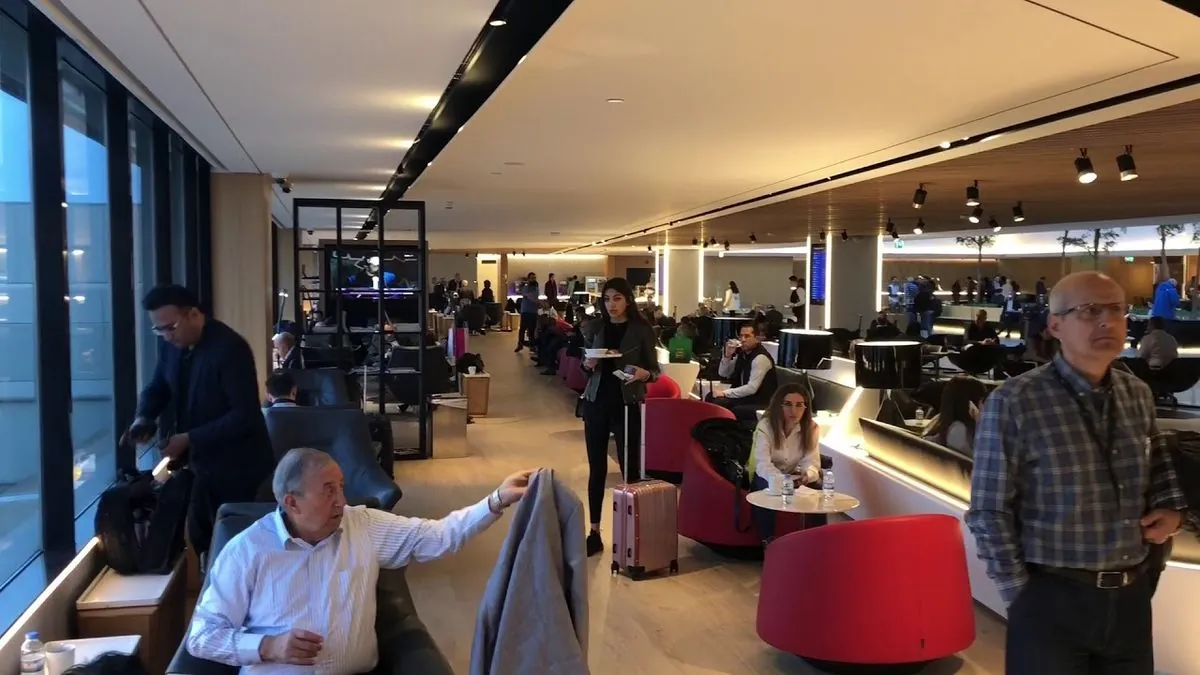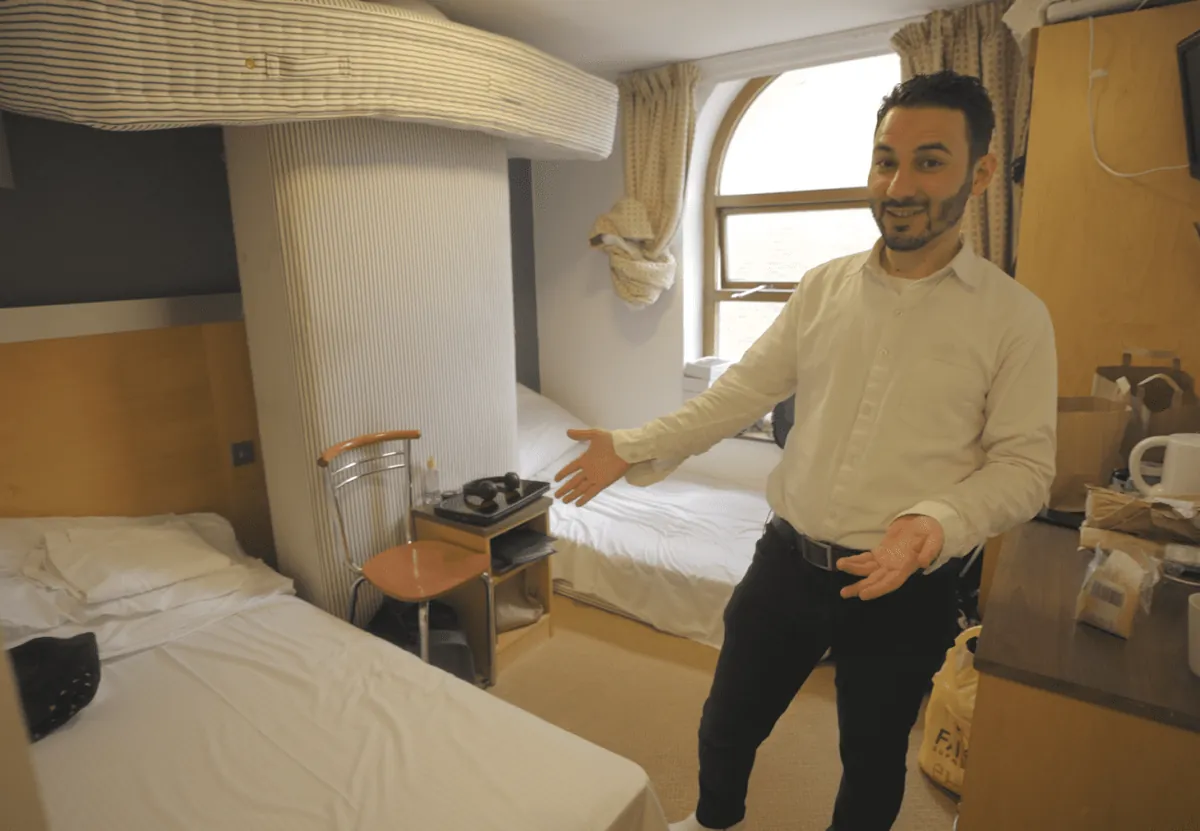Trump's Controversial "Rough Hour" Comment Sparks Debate on Crime Policy
Former President Donald Trump suggests allowing police to be "extraordinarily rough" for an hour to end crime, drawing comparisons to "The Purge" film. His campaign claims the comment was made in jest.
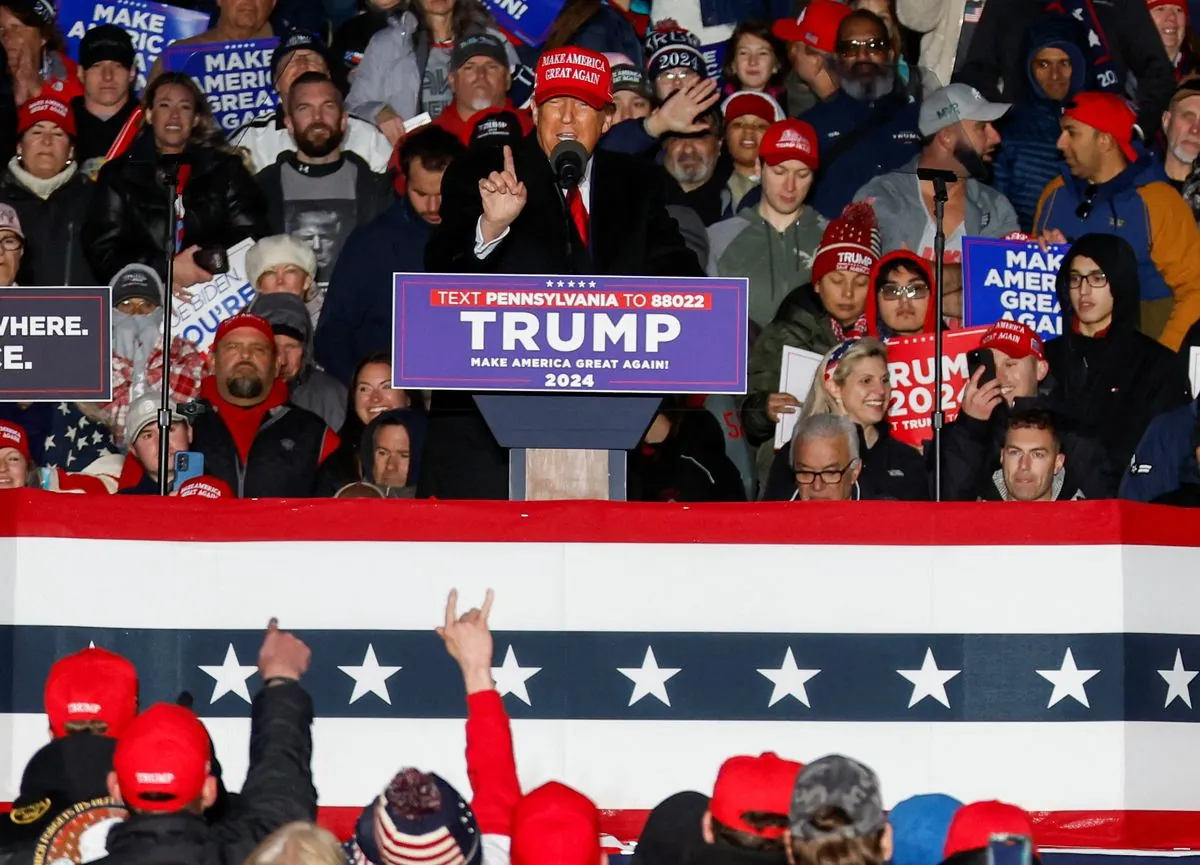
Donald Trump has once again stirred controversy with his remarks on crime and policing during a recent campaign rally in Erie, Pennsylvania. The former president, known for his "law and order" stance since his 2016 campaign, suggested that allowing law enforcement to be "extraordinarily rough" for a brief period could effectively end crime.
At the rally, Trump stated, "We have to let the police do their job. And if they have to be, extraordinarily rough." He continued, "You know, if you had one day, like one real rough, nasty day... One rough hour, and I mean real rough, the word will get out and it will end immediately."
These comments quickly drew comparisons to the dystopian horror film franchise "The Purge," created by James DeMonaco in 2013. In the films, all crime becomes legal for a 12-hour period once a year, a concept that has sparked discussions about crime, punishment, and social order.

Steven Cheung, a long-time communications aide to Trump, insisted that the former president was "clearly just floating it in jest." However, the remarks have reignited debates about crime policies and law enforcement tactics in the United States.
Crime and law enforcement have become key battlegrounds in the upcoming election. Trump has consistently invoked his "law and order credentials," while his opponent, Kamala Harris, has emphasized her experience as a prosecutor and former Attorney General of California.
Recent polling from the Pew Research Center, a nonpartisan think tank based in Washington, D.C., indicates that 51% of voters give Trump the edge on law enforcement and criminal justice issues, compared to 47% for Harris. This slight advantage persists despite Trump's recent legal troubles, including his conviction on 34 counts of falsifying business records in the New York "hush money" trial earlier this year.
The campaign's rapid response to the controversial comments highlights the importance of public perception in shaping political narratives. As Pennsylvania remains a crucial swing state in presidential elections, every statement made during campaign rallies can have significant implications.
It's worth noting that the role of police in society has been a topic of intense debate in recent years. Trump's suggestion of a "rough hour" touches on complex issues surrounding crime prevention, civil liberties, and the balance between maintaining order and protecting individual rights.
As the election cycle progresses, it's likely that crime rates, law enforcement policies, and candidates' stances on these issues will continue to be significant factors in shaping voter opinions and campaign strategies.
"We have to let the police do their job. And if they have to be, extraordinarily rough... You know, if you had one day, like one real rough, nasty day... One rough hour, and I mean real rough, the word will get out and it will end immediately. End immediately. You know, it'll end immediately."
While Trump's campaign insists the comments were made in jest, they have nonetheless sparked a broader conversation about crime policy and the limits of law enforcement in a democratic society. As the election approaches, voters will undoubtedly continue to scrutinize candidates' positions on these critical issues.













